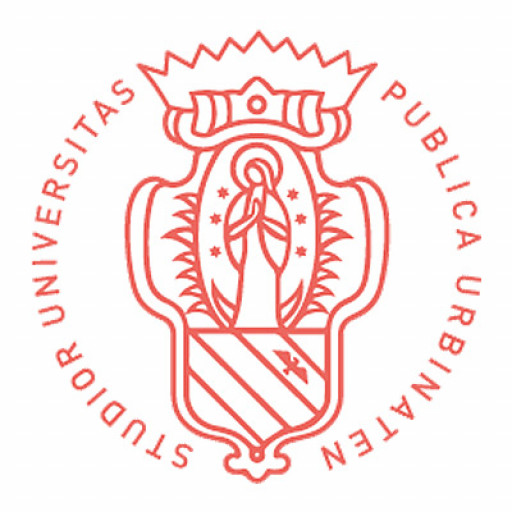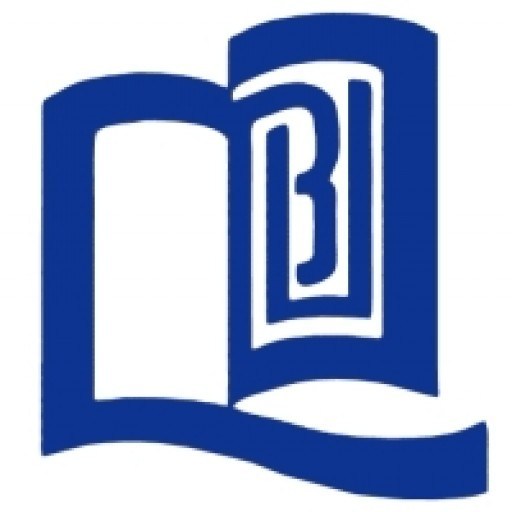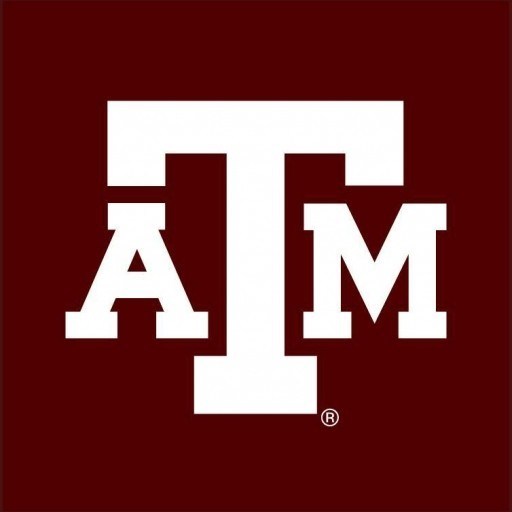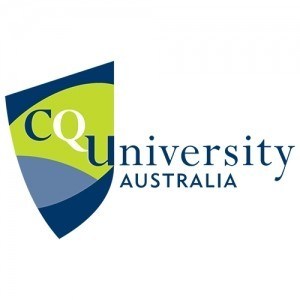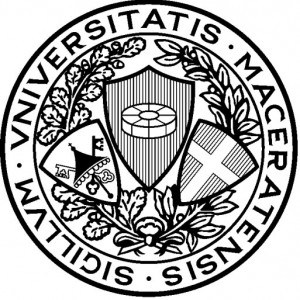Photos of university / #dublincityuniversity
The programme explores social issues in science and technology, and the communications and controversies surrounding them. It will ensure that you have a good grasp of the social significance of science and you are capable of reflecting critically on the place of science and technology in society.
This MSc caters for students with diverse backgrounds in the natural sciences, the social sciences and humanities. By bringing these students together, the programme stimulates interaction, encouraging the different groups to reflect more fully on the contribution that the others make to the development of the total cultural fabric.
Although not primarily concerned with training in technical communications, the programme does include some practically oriented modules.
Whether or not you have a scientific background, if you are interested in a career in science media, marketing, policy, or specialist areas in communicating health, environment, IT or risk, the MSc in Science Communication is for you.
Programme
To develop your understanding of the many different interactions between institutions of science and those of broader society.
To deepen your ability to analyse critically the strategies applied to communicating science in diverse social contexts.
To strengthen your capacity to participate in the public communication of complex information on science, environment, technology and medicine.
Full-Time Programme Structure
Year 1 Core Modules:
| Code | Title | Credit | Semester | Exam % | CA % |
|---|---|---|---|---|---|
| CM5001 | Science in Media: Representation and Practice | 10 | Semester 2 | 0 | 100 |
| CM515 | Theories of Communication | 10 | Semester 2 | 0 | 100 |
| CM535 | Philosophy, Ethics and Responsible Innovation | 10 | Semester 2 | 0 | 100 |
| CM5360 | Media Audiences and Consumption | 5 | Semester 2 | 0 | 100 |
| CM538 | MSC Project/Dissertation | 25 | Autumn Semester | 0 | 100 |
| CM563 | Social Media, Journalism and Democracy | 5 | Semester 1 | 0 | 100 |
| CM570 | Research Methods | 10 | Semester 1 | 0 | 100 |
| CM582 | Science & Society | 10 | Semester 1 | 0 | 100 |
| CM588 | INTRA Work Placement: MSC | 5 | Autumn Semester | 0 | 100 |
Year 1 Optional Modules:
| Code | Title | Credit | Semester | Exam % | CA % |
|---|---|---|---|---|---|
| UM405 | Uaneen Non-Contributing Module | 5 | Year long | 0 | 100 |
General Entry Requirements
The programme is suitable for recent graduates and for those with professional experience in science or communications.
To be eligible, candidates are required to have a second class or better honours degree. Consideration is also given to candidates who have lesser qualifications but significant and appropriate professional experience. Applicants are asked to submit an article on a science related topic of 750 words, written for a general interest publication. Selection is done on the basis of the formal application, the submitted article and the candidate's statement of motivation. Candidates may be called for interview which mainly serves the purpose of clarifying for the applicants and for the academic staff on the programme, that the prospective students have a clear sense of what may lie ahead.
Assessment By Interview
Candidates should note that an interview is part of the assessment process for this programme.
International Applications
International candidates are expected to have educational qualifications of a standard equivalent to those outlined above. In addition, where such candidates are non-native speakers of the English language they must satisfy the university of their competency in the English language.
Want to improve your English level for admission?
Prepare for the program requirements with English Online by the British Council.
- ✔️ Flexible study schedule
- ✔️ Experienced teachers
- ✔️ Certificate upon completion
📘 Recommended for students with an IELTS level of 6.0 or below.
Dublin City University is proud to award merit-based scholarships to high achieving students who enter the Faculty of Engineering and Computing and the Faculty of Humanities and Social Sciences for the 2016/17 academic year. These scholarships are available to Indian applicants only and are based on academic merit to those who have a Full Offer.
The Faculties also award scholarships of €1,000 to high achievers entering Masters and Bachelor programmes who are ranked by academic achievement.



